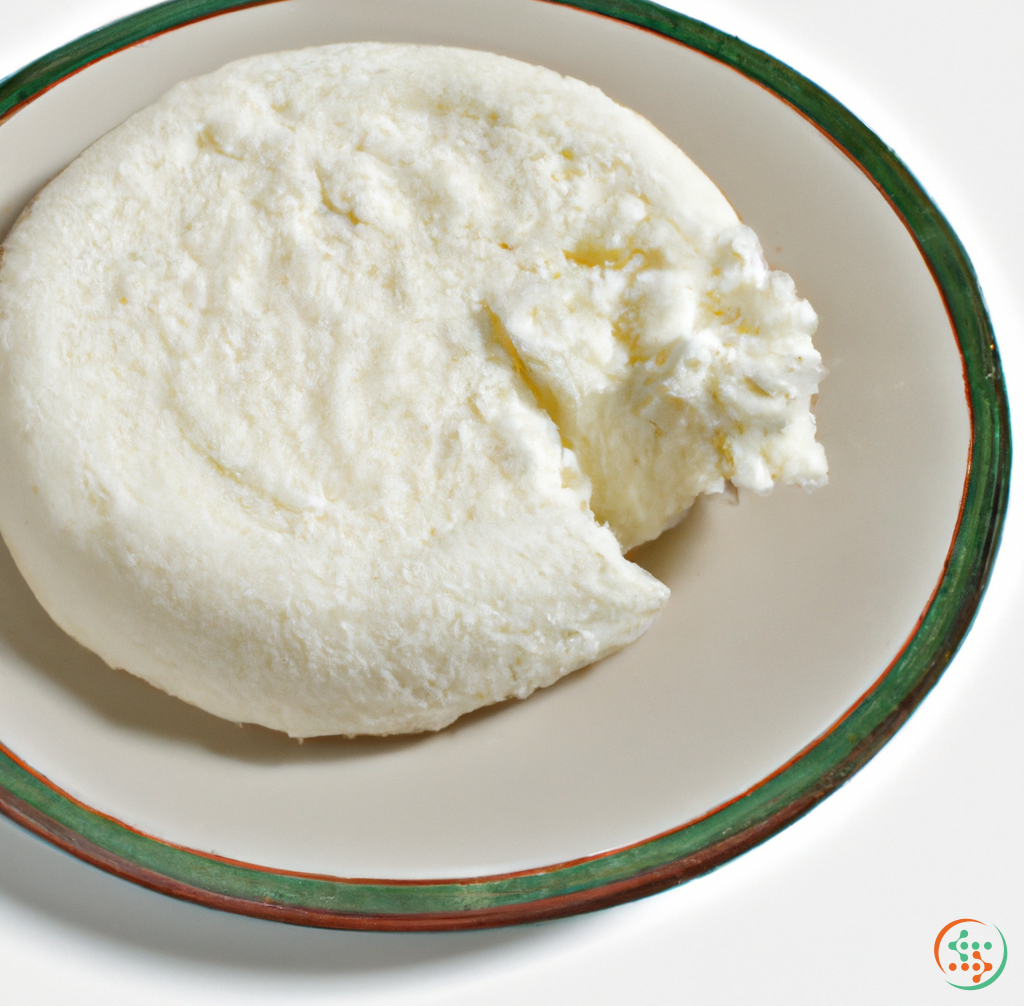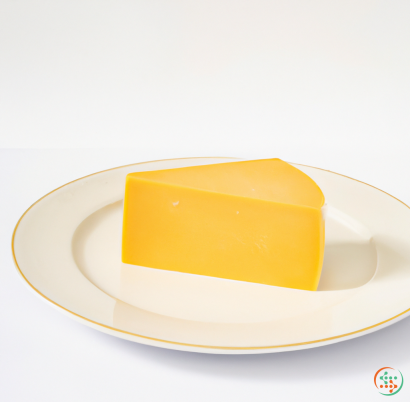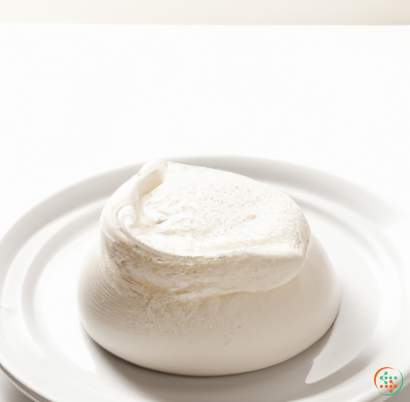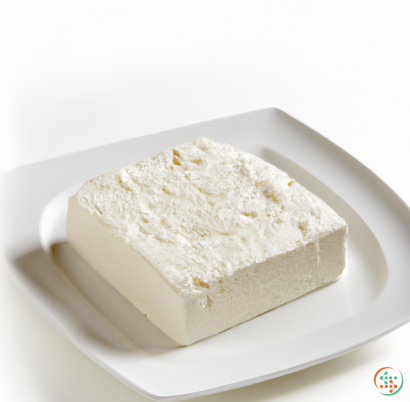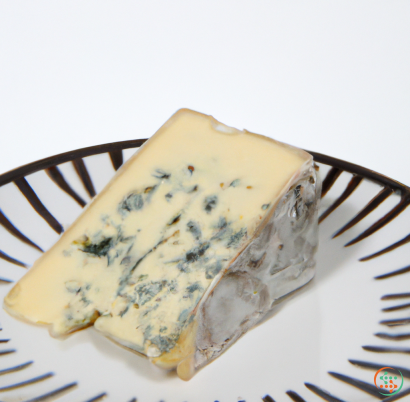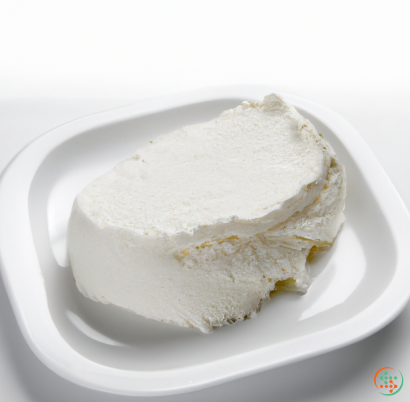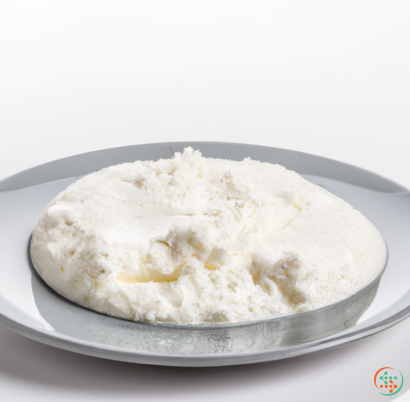Sheep Milk
and why it is so popular
Though it’s not as widely known as its dairy counterparts, sheep milk is gaining ground as a popular food staple in many countries. Made from the milk of sheep, sheep milk has a unique flavor and texture that many people enjoy. Sheep milk is becoming increasingly popular because it offers a multitude of health benefits. It is high in calcium, protein, and a variety of vitamins, minerals and amino acids. These nutrients make it an ideal food for those looking to improve their health and well-being.
One of the primary advantages of sheep milk is its low fat content. Sheep milk contains only 3% fat, whereas cow’s milk has 8% fat and goat’s milk has 10% fat. This lower fat content makes it much easier to digest than other dairy products. Additionally, the fat in sheep milk is high in omegas 3 and 6, which may help reduce inflammation and improve cardiovascular health.
In addition to its nutrition benefits, sheep milk also has a unique flavor that is unlike any other dairy product. It has a slightly creamy taste, but also a tangy, slightly acidic flavor that can be quite pleasant on the palate. The difference in flavor and texture makes sheep milk an excellent addition to many recipes, from sauces and desserts to savory main dishes.
In terms of health benefits, sheep milk is high in calcium and protein, as well as a variety of vitamins, minerals and amino acids. Calcium helps to keep bones strong and lowers the risk of developing osteoporosis. The protein content in sheep milk is much higher than cow's milk or goat's milk, and is highly digestible, making it easily absorbed by the body. It also contains zinc, magnesium and phosphorus, nutrients that are essential for proper growth and development.
Sheep milk also contains a high amount of omega-3 fatty acids, which are important for heart health. These fatty acids help to reduce inflammation and keep cholesterol and triglyceride levels in check. In addition, sheep milk is also high in conjugated linoleic acid (CLA), an unsaturated omega-6 fatty acid. Studies have shown that CLA can reduce the risk of certain types of cancer, and helps to decrease body fat mass and promote muscle growth.
In addition to its numerous health benefits, sheep milk also has a wide range of culinary uses. It can be enjoyed as a beverage on its own, used in baking and cooking, or it can also be made into a variety of cheeses and other dairy products. Sheep milk-based cheeses are becoming increasingly popular, due to their unique flavor and texture. From feta cheese to ricotta and even yogurt, there are countless dishes and desserts that can be prepared with sheep’s milk.
All these factors combine to make sheep milk an excellent choice for anyone looking to add more nutrition and flavor to their diet. Its health benefits, low fat content and savory flavor make it a favorite among health-conscious eaters. And with more people looking to reduce their consumption of animal products, sheep milk is an especially attractive option. So if you’re looking to make nutrition and flavor a priority in your diet, consider adding sheep milk to your eating routine.
When we think of milk, cow's milk may immediately come to mind. But did you know that sheep milk is a delicious and healthy alternative that more and more people are consuming? In fact, sheep milk can be found in numerous varieties of dairy products, from cheese to yogurt, and beyond. This blog post will explore the fascinating journey of sheep milk from udder to dining table.
The process of obtaining sheep milk begins when a farmer milks a female sheep, known as a ewe, with a milking machine or by hand. Healthy, lactating ewes can produce up to five liters of milk per day. The next step for the milk is collection and cooling. For this, the milk is transferred to a large stainless steel or plastic container and chilled with a cold water system. Next, the milk is screened for any impurities, such as bits of feed, dirt, or in extreme cases, sheep antiseptic shampoo used for shearing. Once the filtering process is complete, the milk is exposed to heat, which kills any bacteria as well as extends the shelf life of the milk.
After pasteurizing, the milk is ready to be packaged into containers. Sheep milk can be packaged into a variety of containers, including bottles and cans. Most sheep milk is homogenized, which shifts the cream into a more homogenous suspension. This technique helps the fat content in the milk remain the same throughout, enhancing the flavor. Lastly, the milk is cooled quickly in order to protect its freshness and nutrient content.
At this point, the milk is ready to be sent to its destination. Food safety laws dictate that all milk must be transported in sealed containers at temperatures no lower than ?4 degrees Celsius in order to protect its quality. The primary methods of transportation used for transporting sheep milk are trucks, trains, or ships, depending on its destination.
When the milk reaches its destination, a series of tests are performed to make sure its quality meets the standards established by the food safety governing bodies. In the United States, all sheep milk must adhere to the regulations stated in the Sheep Milk Products Inspection Regulations of 2007. These rules include criteria such as the amount of bacteria, butterfat content, and PH levels.
Once the quality has been verified, the sheep milk is ready for the next step: processing. Processing the milk involves separating the butterfat from the remaining liquid component. This separation is conducted in a machine known as a separator. The cream is usually referred to as a cream layer, while the liquid component left-over is called skim or skimmed milk. The cream will then be further used in the production of butter, cheese, or yogurt.
The skimmed milk goes on to be homogenized and pasteurized again. This is done to help give the product a longer shelf life. It also helps to preserve the nutrient content and flavor of the milk.
The final step of the journey is marketing and distribution. Most sheep milk products are sold in supermarkets, health food stores, and specialty shops. Additionally, the product may also be distributed directly to consumers through a farmer's market or online store. The last step is to ensure the product is being stored and consumed in the right manner. The sheep milk should always be refrigerated and consumed before the stated expiration date.
By following these steps, it is possible to enjoy the numerous health and nutrition benefits that come with sheep milk products. Sheep milk is an excellent source of important vitamins, minerals, and nutrients such as protein, calcium, and vitamin A. It is also lower in saturated fat compared to other types of milk and is free from cholesterol. Plus, the taste is delicate, sweet and creamy, making it a great addition to recipes for desserts and drinks.
Sourcing and processing sheep milk is no small feat. But thanks to the hard work of farmers and food safety experts, it is possible to enjoy the many benefits of this delicious dairy product every day.
| Vitamin A | 0.044 mg | |
| Vitamin C | 0.0042 grams | |
| Vitamin B1 | 0.07 mg | |
| Vitamin B2 | 0.36 mg | |
| Vitamin B3 | 0.42 mg | |
| Vitamin B5 | 0.41 mg | |
| Vitamin B6 | 0.06 mg | |
| Vitamin B9 | 0.007 mg | |
| Vitamin B12 | 0.71 ug |
| Calcium | 0.193 grams |
Daily Value 1.3 g
|
| Iron | 0.1 mg |
Daily Value 0.018 g
|
| Magnesium | 0.018 grams |
Daily Value 0.4 g
|
| Phosphorus | 0.158 grams |
Daily Value 1.25 g
|
| Potassium | 0.137 grams |
Daily Value 4.7 g
|
| Sodium | 0.044 grams |
Daily Value 2.3 g
|
| Zinc | 0.54 mg |
Daily Value 0.011 g
|
| Copper | 0.05 mg |
Daily Value 0.9 mg
|
| Manganese | 0.02 mg |
Daily Value 0.0023 g
|
| Selenium | 0.0017 mg |
Daily Value 0.055 mg
|
| Tryptophan | 0.084 grams | |
| Threonine | 0.268 grams | |
| Isoleucine | 0.338 grams | |
| Leucine | 0.587 grams | |
| Lysine | 0.513 grams | |
| Methionine | 0.155 grams | |
| Cystine | 0.035 grams | |
| Phenylalanine | 0.284 grams | |
| Tyrosine | 0.281 grams | |
| Valine | 0.448 grams | |
| Arginine | 0.198 grams | |
| Histidine | 0.167 grams | |
| Alanine | 0.269 grams | |
| Aspartic Acid | 0.328 grams | |
| Glutamic Acid | 1.019 grams | |
| Glycine | 0.041 grams | |
| Proline | 0.58 grams | |
| Serine | 0.492 grams |
| Total Sugars | 0.131141 grams |
per 100g
|
| Caproic acid (6:0) | 0.15 grams |
|
| Caprylic acid (8:0) | 0.14 grams |
|
| Capric acid (10:0) | 0.4 grams |
|
| Lauric acid (12:0) | 0.24 grams |
|
| Myristic acid (14:0) | 0.66 grams |
|
| Palmitic acid (16:0) | 1.62 grams |
|
| Stearic acid (18:0) | 0.9 grams |
|
| Butyric acid (4:0) | 0.2 grams |
|
| Total Saturated fatty acids: | 4.31 g | |
| Oleic acid (18:1) | 1.56 grams |
|
| Palmitoleic acid (16:1) | 0.13 grams |
|
| Total Monounsaturated fatty acids: | 1.69 g | |
| Linolenic acid (18:3) | 0.13 grams |
|
| Linoleic acid (18:2) | 0.18 grams |
|
| Total Polyunsaturated fatty acids: | 0.31 g | |
| Cholesterol | 0.03 grams |
|
| Total Sterols: | 0.03 g | |
